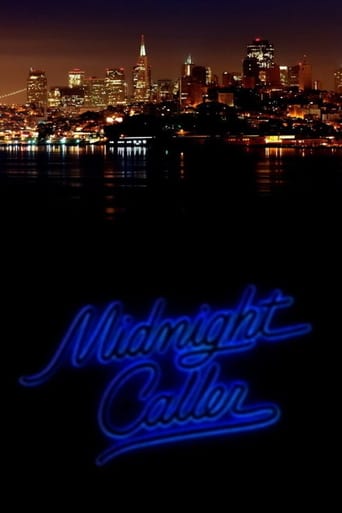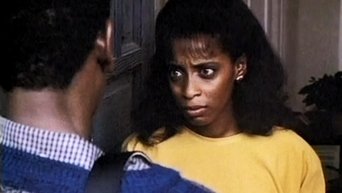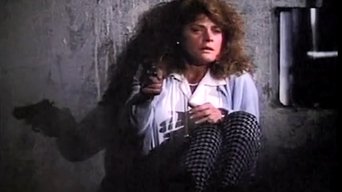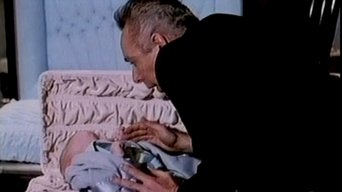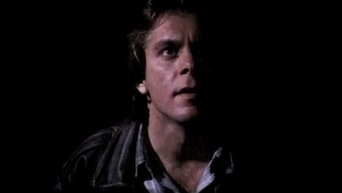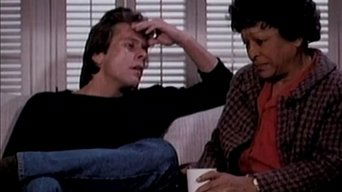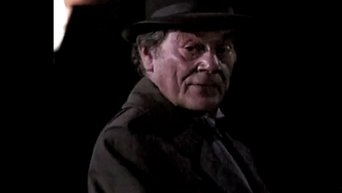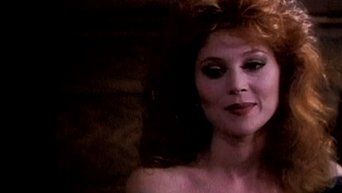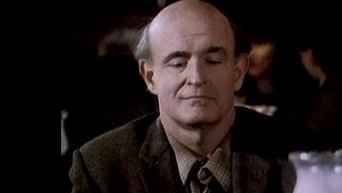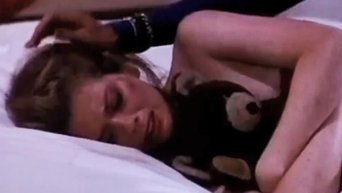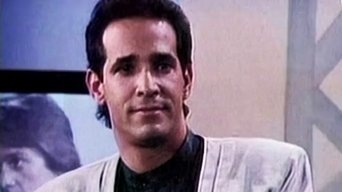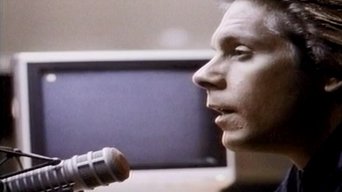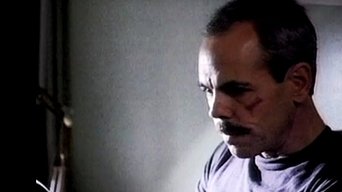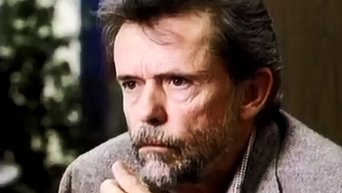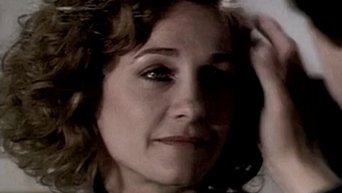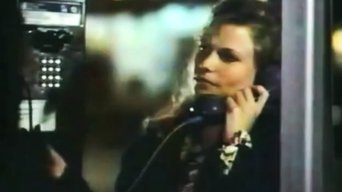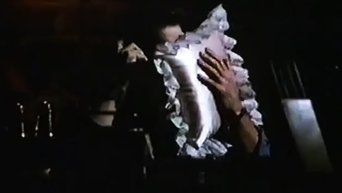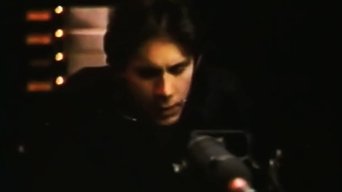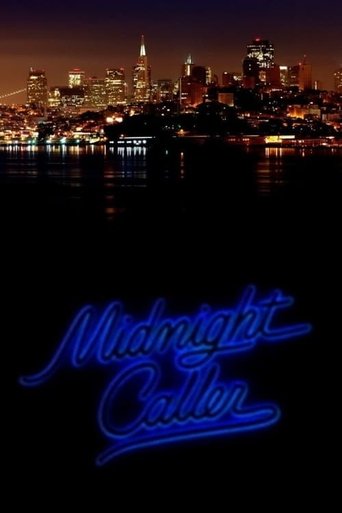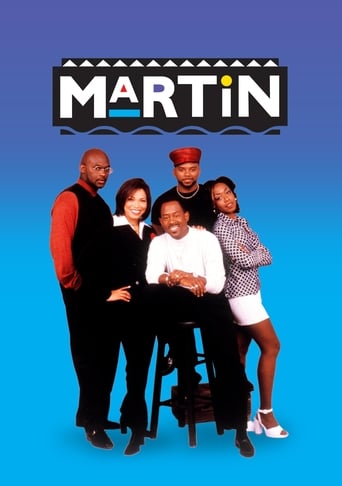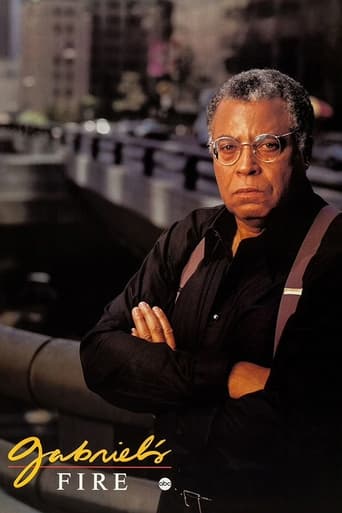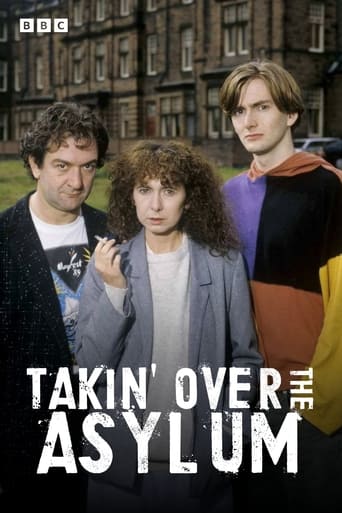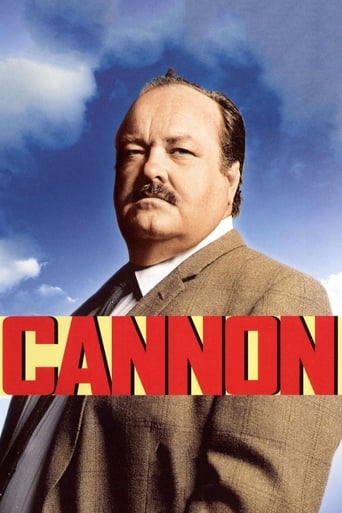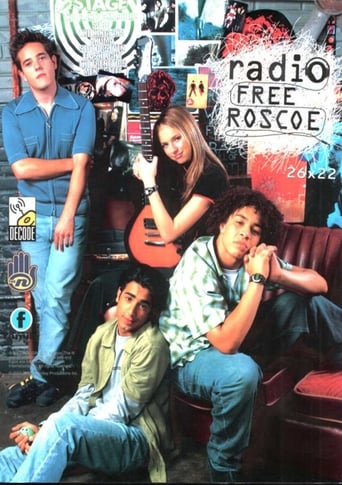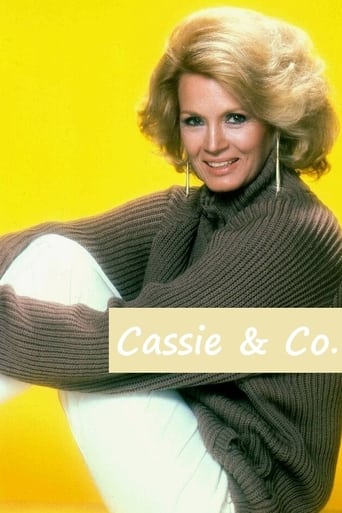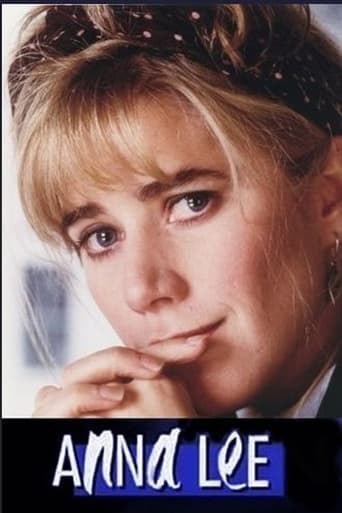Midnight Caller Season 1
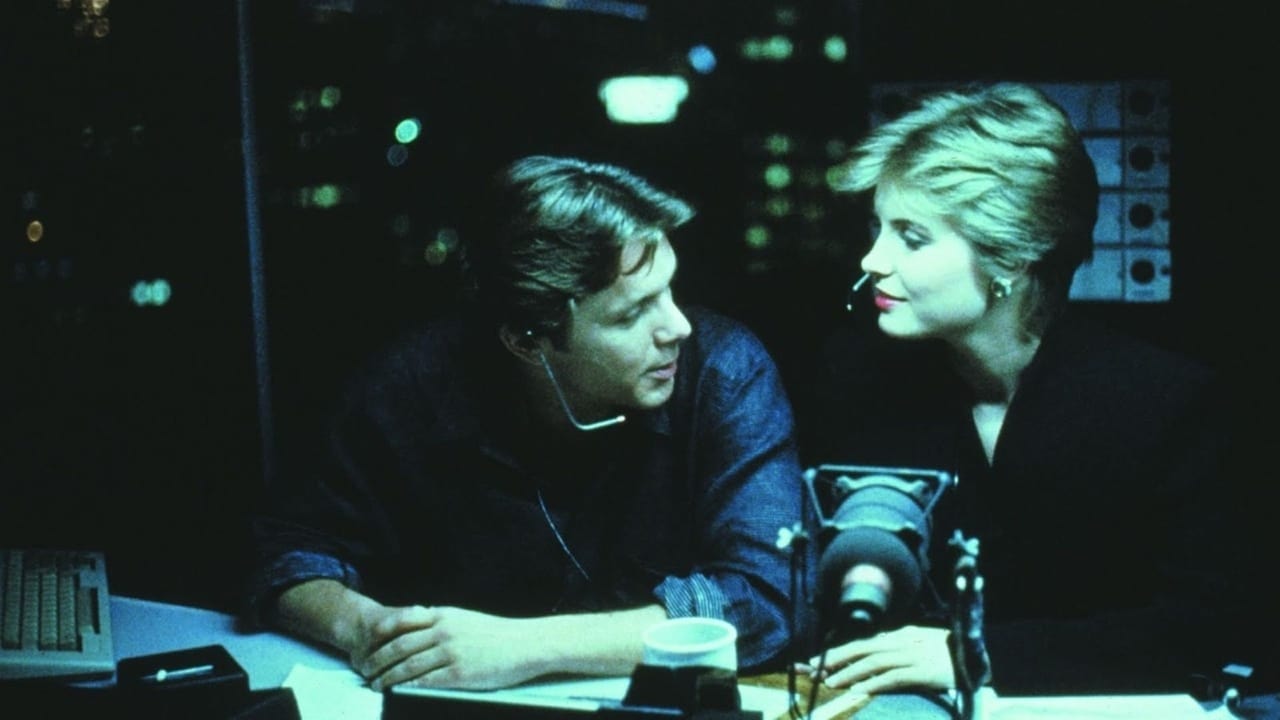
Midnight Caller is a dramatic NBC television series created by Richard DiLello, which ran from 1988 to 1991. It was one of the first television series to address the dramatic possibilities of the then-growing phenomenon of talk radio. Except for a brief stint on Lifetime in the 1990s, the series has not been rerun or issued on DVD.
Watch NowWith 30 Day Free Trial!
Midnight Caller
1988
Midnight Caller is a dramatic NBC television series created by Richard DiLello, which ran from 1988 to 1991. It was one of the first television series to address the dramatic possibilities of the then-growing phenomenon of talk radio. Except for a brief stint on Lifetime in the 1990s, the series has not been rerun or issued on DVD.
Watch Trailer
Midnight Caller Season 1 Full Episode Guide
The season finale deals with the issue of gun control, and a citizen's right to bear arms. A neighborhood convenience store owner misinterprets Jack's caution to protect himself, ends up killing a man and places partial blame on Jack for the idea.
One of Jack's regular callers ""witnesses"" a murder in her apartment building while talking to Jack on the phone. She isn't believed by the authorities because she is blind and there is no evidence that a crime has been committed.
Assisting an ill man on the street, a young doctor is faced with every mother's nightmare when her infant daughter is abducted by a young woman whose grasp on reality is failing. Jack uses the show as a forum to track down the kidnapped child, who, on top of everything, is desperately ill and will die without her medication.
Jack continues to be haunted by the night of Rusty's death. This time he has to help out Rusty's son, Ethan, who has run away from home and calls Jack to tell him so.
Jack is drawn back to the neighborhood he worked in as a patrolman in response to a mother's plea to help her drug-addicted son.
Jack gets involved with a retired cop's search for the man who killed his partner years ago. And it seems that Devon's father was a person of interest.
Jack meets a night club singer, dates her and falls hard for her. She warns him of her ex-husband who's not willing to let her go. The man even attacks Jack with a knife in a bar. Later the man is killed and Jack is the prime suspect.
A man claiming to be Jack's father shows up and Jack is not exactly warming up to him. And Devon finally has it out with her father which doesn't end well.
A young runaway, forced into prostitution, turns to Jack via his radio show for assistance in breaking away from her pimp who is involved in the white slavery market.
Jack finds himself being raked over the coals by a jealous competitor who has insider information on an Internal Affairs investigation, which found Jack not guilty of the charges.
Jack receives a phone call from a kidnapper who informs Jack that he has taken a suspected murderer into his personal custody so he won't hurt any more women. He continues to use Jack's show as a forum for his demands. A supposed suicide is revealed to be an elaborate murder cover up.
Jack, Devon and Billy are forced to examine their belief in capital punishment when they are invited to broadcast the final hours of a death row inmate's life.
As Jack's luck would have it, he goes into a bank to cash a cheque and finds himself a hostage in a bank robbery. The media and the police wait out the negotiations, all with a personal interest in Jack's well-being.
A female friend of Jack's from the police force is wounded in the line of duty and her partner killed. They seek comfort in each other's arms to grieve the deaths of their partners. Jack finds himself in the crossfire of the mob hit man trying to silence the only witness to the crime.
"After It Happened" is a 1988 episode of the NBC television series Midnight Caller. The controversial episode tells the story of a bisexual man who is deliberately infecting people, including series lead character Jack Killian's ex-girlfriend, with HIV. AIDS and LGBT rights activists disrupted filming, citing concerns over the negative portrayal of bisexual and HIV-positive people and fears that the show would make people with AIDS the targets of violence. Series executives made some changes to the script in response to these concerns, but activists were still displeased. "After It Happened" performed well in the ratings but received a mixed critical response. Actress Kay Lenz received an Emmy Award for her guest-starring role as Killian's ex-girlfriend Tina. NBC aired a follow-up episode in 1989 in which Tina is near death. This second script, "Someone to Love", was written in consultation with some of the groups that protested "After It Happened" and was much more favorably received.
Jack receives a phone call from a kidnapper who informs Jack that he has taken a suspected murderer into his personal custody so he won't hurt any more women. He continues to use Jack's show as a forum for his demands. A supposed suicide is revealed to be an elaborate murder cover up.
Jack Killian retires from the San Francisco Police Department after accidentally shooting his partner, Rusty, in a crossfire situation. He's drawn back to the world of the living by an offer to be a late night talk radio host. A serial killer begins calling Jack, explaining the assassinations and Jack's inadvertently pulled back into the crime fighting world.
Free Trial Channels
Seasons


